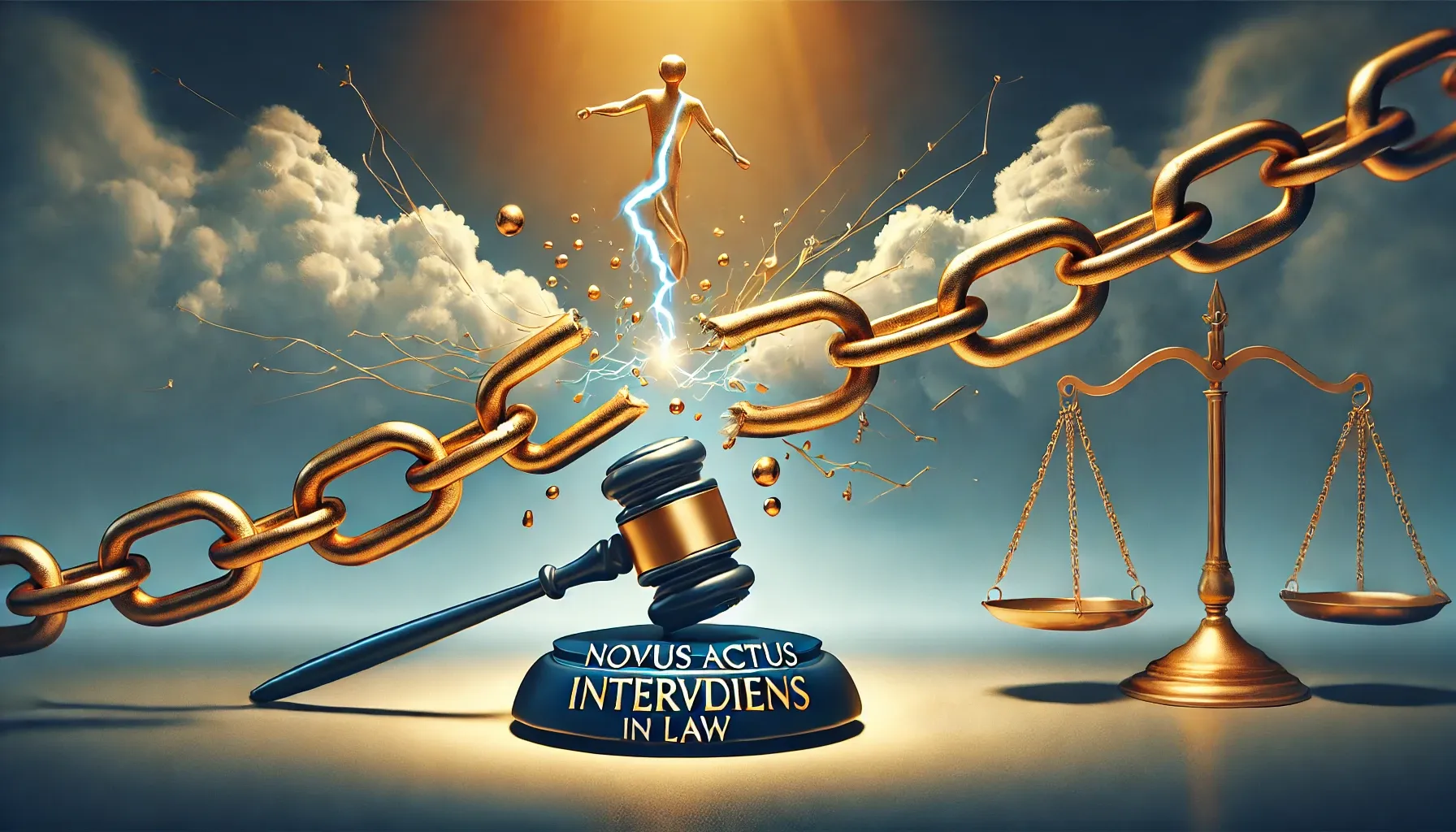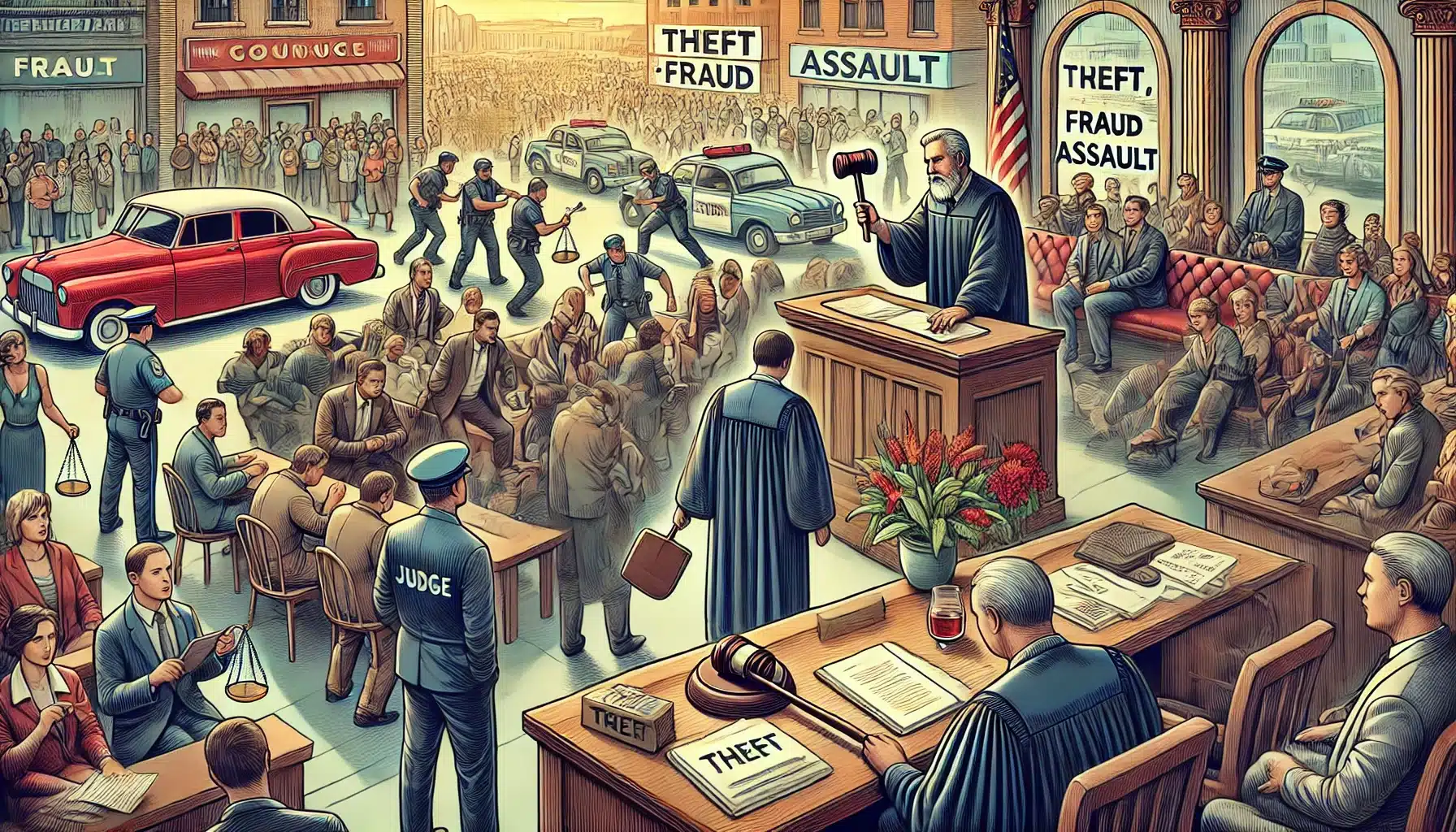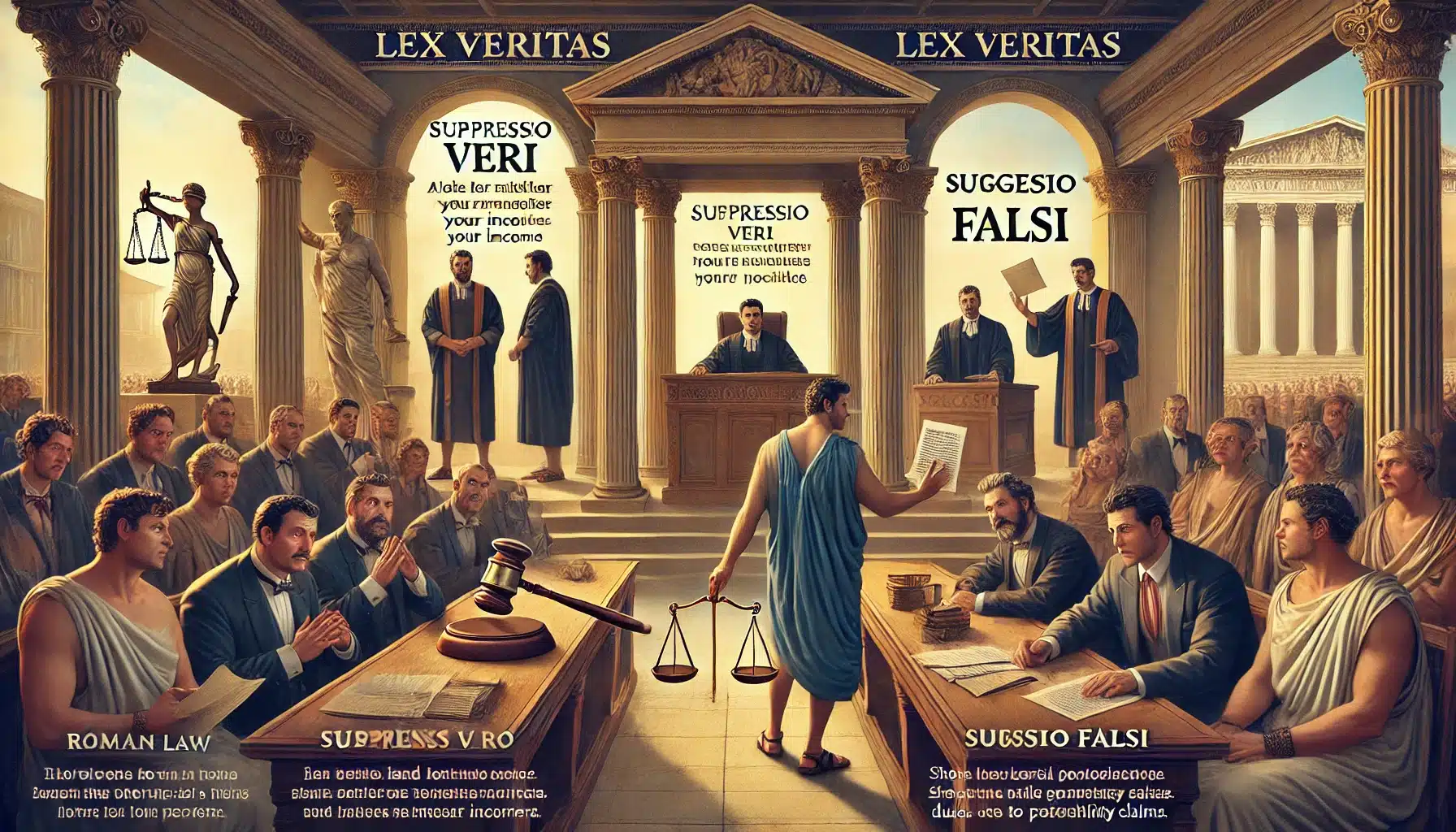It is important to fully understand the scope and applicability of the Motor Vehicle Act. One should study the law properly to have a successful commercial Transportation business.

Definition
Transportation[1] is the movement of goods or people from one place to another, through a vehicle or system of vehicles, such as busses, flights, trains, etc. Essential aspects of the term transportation[2] are –
- Act, process, the instance of being transported.Means of travel or conveying from a place to another.As a commercial enterprise, conveying goods and people.Banishment to a penal Colony.
Meaning
Transportation[3] means the movement of goods and persons from place to place. There are various means by which such movement is accomplished. The growth of the ability and the need to transport large quantities of goods or large numbers of people over long distances at high speeds in comfort and safety has been an index of civilization and in particular of technological progress[4].
Usage
As Transportation is an essential activity, since the globalization, there comes a responsibility to regulate[5] the same, let us see how the Central Government plays an important role which creates the following –
- A Framework for Regulation of Motor Vehicles.Creation of Categories of Registrations.Permits for Vehicles Usage.Permits of Motor Vehicles for International Travel.Framework for Insurance Requirements for Motor Vehicles.Creation of Tribunals to address claims under the Act.Defining and Structuring of Offences under the Act.
The State Government also plays a crucial role in Implementation and the enforcement of laws laid down by the Central Government, for Control of Road Transport within the State. The state government deals with granting of Registrations and Permits, as per the laws that are laid down by the Central Government. It also facilitates the creation and Implementation of License and Permits Conditions, including the creation of fares, and a Framework to be used for granting Licenses. The state government also deals with commercial Transportation and the Taxation of Motor Vehicles.
It is important to fully understand the scope and applicability of the Motor Vehicle Act[6]. One should study the law properly to have a successful commercial Transportation business, the Motor Vehicles Act 1988, aims to provide or facilitate transportation services.
The Motor Vehicles Act 1988 lays out definitions for kinds of vehicles and their intended uses along with specific forms of registrations/permits to be granted to vehicles, which in turn, are used for licensing purposes by states.
As it is generally the role of the state to determine the licensing of operators, it is important to remember that licensing of operators changes as we move from one state to another state. This Motor Vehicles Act 1988, also lays down specific requirements to be fulfilled under each registration/ permit.
Framework related to emissions, air quality, and fuel standards is required to be complied with while Transportation. Some legal frameworks[7] in India, that affect the transportation[8] system are –
The Essential Commodities Act, 1955[9] gives state governments the right to ensure that all essential commodities, including petroleum products, are easily available to the public and meet government standards. As the aim is to make the products available, transportation plays a major role in moving the goods, in the lockdown of COVID-19 we saw transportation of essential commodities was the only thing allowed. It also calls for fines, imprisonment for up to one year, and forfeiture of the right to do business for those who violate the act.
The Air (Prevention and Control of Pollution) Act, 1981[10] gives SPCBs the right to prohibit the production or burning of any fuel that is determined to lead to air pollution. As Transportation is done through vehicles, large scale transport requires more usage of fuel, more fuel usage means more air pollution, hence it is important to regulate the air pollution which is caused by the burning of the fuel.
The Environment (Protection) Act, 1986[11] does not specifically mention fuels but does authorize the central and the state governments to regulate activities that can harm the environment, under which the burning of fossil fuels could be included. Today the maximum chunk of fuel is burned for the purpose of Transportation of goods and people, also as the source of fuel is majorly fossil fuel, it is important that there is a sustainable use of fuel and other renewable resources to be bought to use.
The Motor Vehicles Act of 1988[12] established vehicular emission standards and authorized the central government and state governments to further regulate and enforce them. As the Transportation vehicles create emission, it is necessary to upgrade to new and clean technology that is available, this new technology not only reduces environmental pollution but also makes transportation more economical and efficient.
The Petroleum and Natural Gas Rules (PNGR), 2002[13] list specific guidelines to be followed for the importation and/or refinement of fuel in India, and the transport of fuel within the country. As the Transportation industry works on fuel, if the fuel to run the machines is not available, it will be very difficult to continue this activity of Transportation.
The Petroleum and Natural Gas Regulatory Board Act, 2006[14] created the Petroleum and Natural Gas Regulatory Board (PNGRB), under MoPNG, and is responsible for ensuring fuel quality standards, from import or production through retail sales. PNGRB is charged with ensuring that the PNGR is followed. The PNGRB is also authorized to resolve all disputes that may arise among producers, transporters, retailers, and consumers over fuel-related issues and has the legal authority to enforce fuel quality standards at retail outlets. This is important because when the fuel is burnt, it creates residue, if the fuel is of good quality, the hazard to the environment will be less.
Some usage in a sentence
- Cycling is an ecologically friendly means of transportation.We need to find a faster means of transportation.The transportation of live animals is a controversial issue.
Origin
Originated[15] in the 1530 century meant an act of transporting. It is a noun of action from transport. Roots tracing from Middle English used verbal noun transporting. In 1853 First used in the sense of means of conveyance.
[1] ‘Transportation.”Merriam-Webster.com Dictionary, Merriam-Webster, https://www.merriam-webster.com/dictionary/transportation. Accessed 15 Jun. 2020.
[2] https://dictionary.cambridge.org/dictionary/english/transportation
[3] “Transportation.”A Law Dictionary, Adapted to the Constitution and Laws of the United States. By John Bouvier.. 1856. 15 Jun. 2020 https://legal-dictionary.thefreedictionary.com/Transportation
[4] https://www.britannica.com/technology/transportation-technology
[5] https://www.india.gov.in/acts-rules-and-notifications-ministry-road-transport-and-highways
[6] “Department of Transportation.” Merriam-Webster.com Legal Dictionary, Merriam-Webster, https://www.merriam-webster.com/legal/Department%20of%20Transportation. Accessed 15 Jun. 2020.
[7] https://www.transportpolicy.net/standard/india-regulatory-background/
[8] http://www.businessdictionary.com/definition/transportation.html
[9] seednet.gov.in/Material/Essential_Commodity_Act_1955(No_10_of_1955).pdf
[10] www.moef.nic.in/legis/air/air1.html
[11] envfor.nic.in/legis/env/env1.html
[12] www.tn.gov.in/sta/mvact1988.pdf
[13] petroleum.nic.in/Rules2002.pdf
[14] petroleum.nic.in/pngrb.pdf
[15] https://www.etymonline.com/word/transportation




